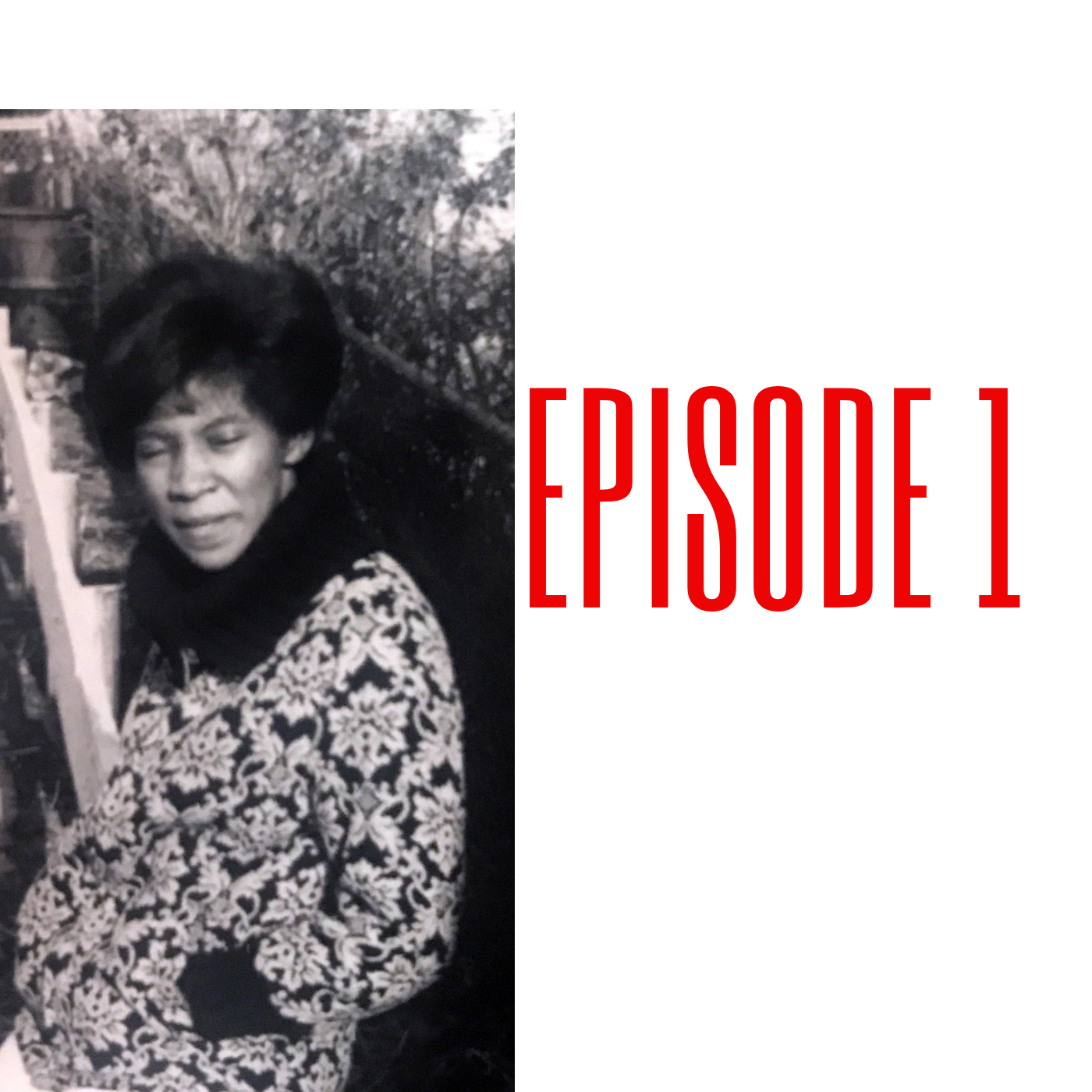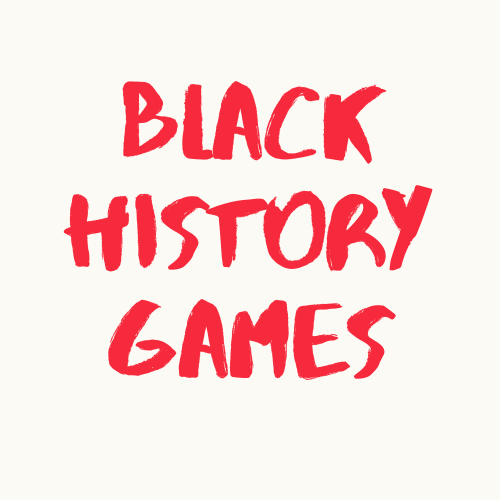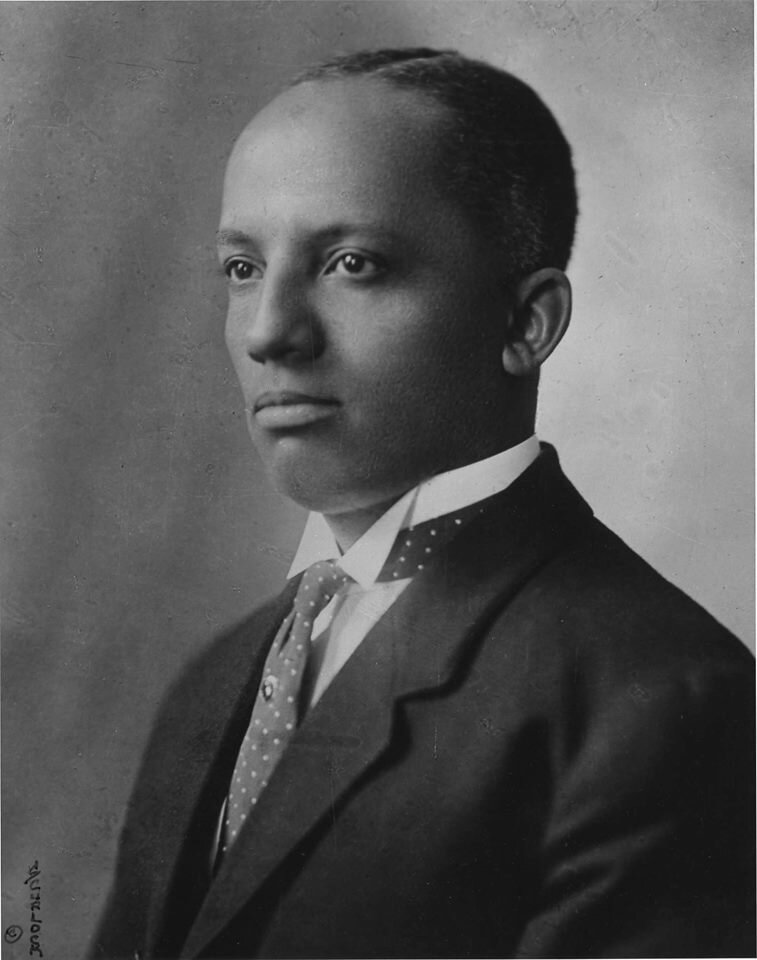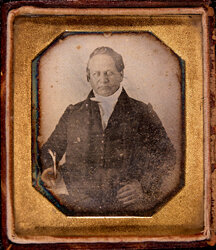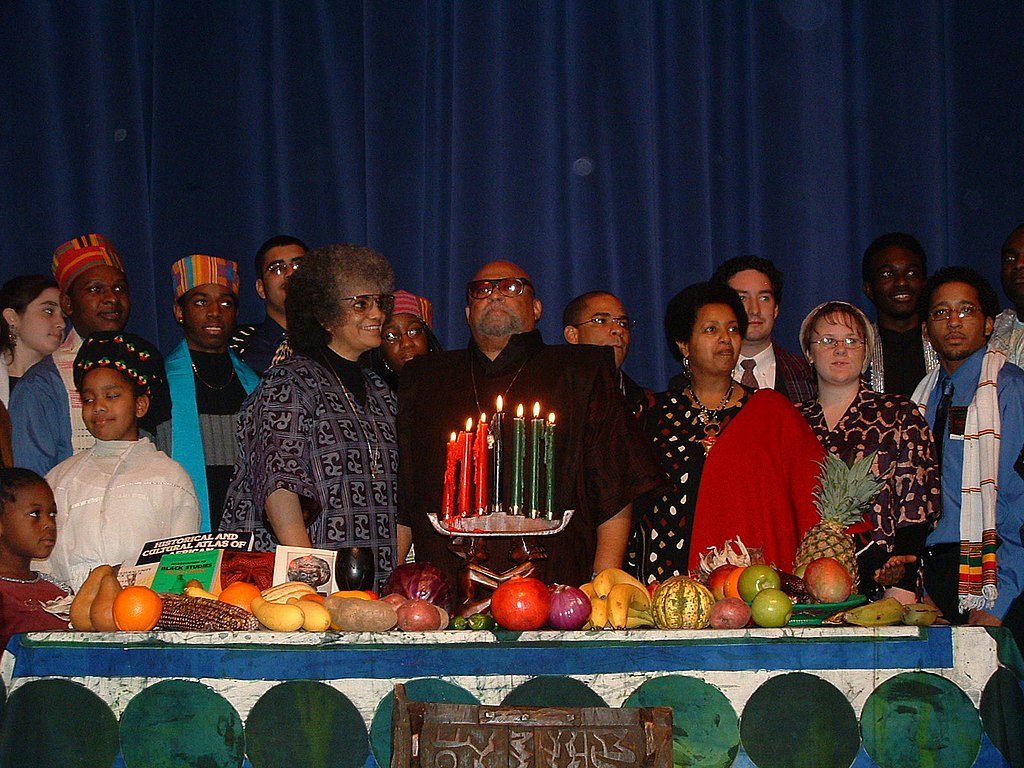Alexander Lucius Twilight was the first Black-American known to have earned a bachelor’s degree from an American college or university. He was also the first Black-American elected as a state legislator, serving in the Vermont House of Representatives, and the only Black-American ever elected to a state legislature before the Civil War.
Alexander Lucius Twilight Early Life
Born on Sept. 23, 1795, on a farm in Corinth, Vermont., to a mixed-race couple. His mother, Mary’s race, is not certain. In national census documents and local records, Mary is categorized as “colored” people or free blacks. However, she was known to be light-skinned. His father, Ichabod was black or mulatto and born in Boston in 1765. Some believe he may have been mulatto due to his last name.
Ichabod and Mary were free but It is unknown if they were born free; they were likely descendants of African slaves and English ancestors. Ichabod was a Revolutionary War veteran. His parents were both listed in the Corinth town history as “the first negroes to settle in Corinth where they bought the property. Their children were evidently all light enough skinned to pass for white. Whatever Alexander Twilight’s precise racial background he left behind no records mentioning his African-American ancestry
According to the Orleans County Museum website, it appears that Twilight labored for a neighboring farmer in Corinth, around 1803, when he was eight years old. “There is no proof that it was an indenture agreement,” the website stated. He then learned reading, writing, and math skills while performing various farming duties for the next twelve years.
In 1826, he married Mercy Ladd Merrill in which they had no children.
Education
In 1855, Twilight was able to save enough money to enroll in Randolph’s Orange County Grammar School at the age of twenty. He completed not only the secondary school courses but also the first two years of a college-level curriculum all within six years. Following his graduation from Randolph, he was accepted at Middlebury College. However, it seems his admission to Middlebury was a mistake.
The college didn’t know he was black when he applied. After he graduated, another, man Andrew Harris, another black American, applied to Middlebury. This time the college didn’t make a similar “mistake.” It rejected Harris because of his race due to school policy. However, Harris instead attended and graduated from the University of Vermont. Alexander Twilight entering as a junior in August of 1821 and graduated with a bachelor’s degree in 1823. This fact was not made known until Amherst College claimed to have awarded its first Black American bachelor’s degree to Edward Jones in 1826.
Career
In 1829 Twilight became principal of the Orleans County Grammar School and then. He also taught for four years in Peru, N.Y., at the same time he studied for the Congressional Ministry. He occasionally led worship services and delivered sermons.
While continuing to teach, the Champlain Presbytery of Plattsburgh licensed him to preach. Twilight studied theology, the church, and the ministry. He occasionally led worship services and preached. There he designed and built Athenian Hall, the first granite public building in the state.
In 1836 he became pastor of Brownington’s Congregational church and principal of the Orleans County Grammar School. That same year he was elected to the Vermont General Assembly and became the first African-American to serve in a state legislature in the United States. Eleven years later, Twilight was embroiled in a contentious disagreement with the county board administrators, and he moved to Quebec, Canada, for five years.
https://pagead2.googlesyndication.com/pagead/js/adsbygoogle.js
Legacy
By Michael T. Hahn
- Alexander Twilight House (1830), still stands across the street from the hall and serves as headquarters for the Orleans County Historical Society. It is within the Historic District is listed on the National Register of Historic Places (NRHP).
- Athenian Hall (1834–36) is now operated by the Orleans County Historical Society as the Old Stone House Museum and anchors the Historic District of Brownington. It was the first granite public building in Vermont.
- The Aspire Alexander Twilight College Preparatory Academy in Sacramento, California was named for Twilight. It opened in the fall of 2009.[8]
- Howard Frank Mosher, wrote about the Stone House in Vermont Life Magazine, Autumn 1996:
Work Cited
Alexander Twilight — Wikipedia Republished // WIKI 2. https://wiki2.org/en/Alexander_Twilight
Twilight Bio | Old Stone House Museum. https://oldstonehousemuseum.org/twilight-bio/
Social Welfare History Project Education. https://socialwelfare.library.vcu.edu/programs/education/
Alexander Twilight | State governments in the United …. https://stategovernmentsintheunitedstates.fandom.com/wiki/Alexander_Twilight
Wahlberg, Roberta. “The Amazing Age of John Roy Lynch.†The Catholic Library World, vol. 86, no. 1, Catholic Library Association, Sept. 2015, p. 68.


